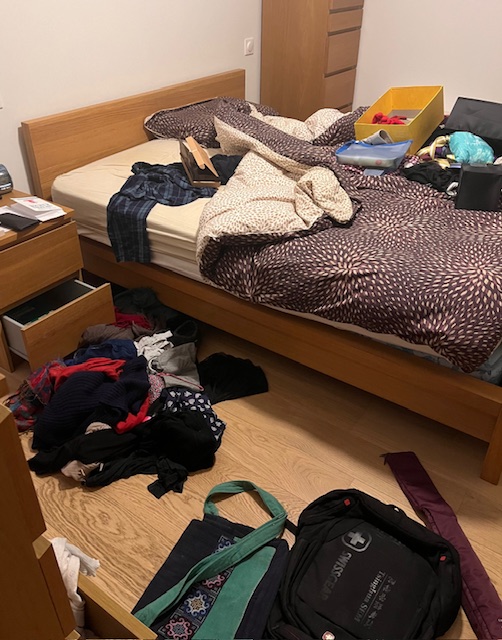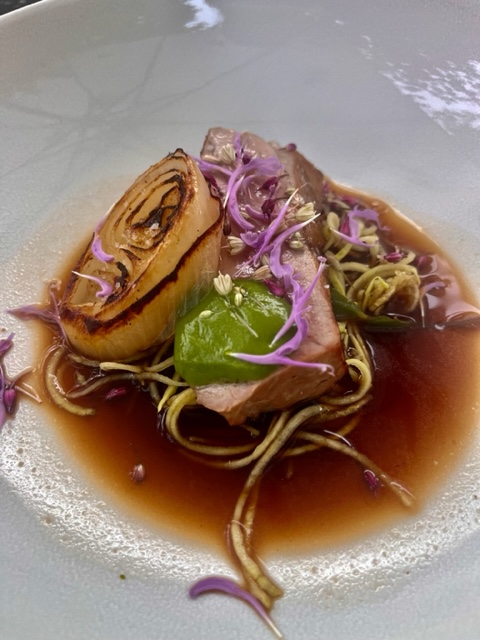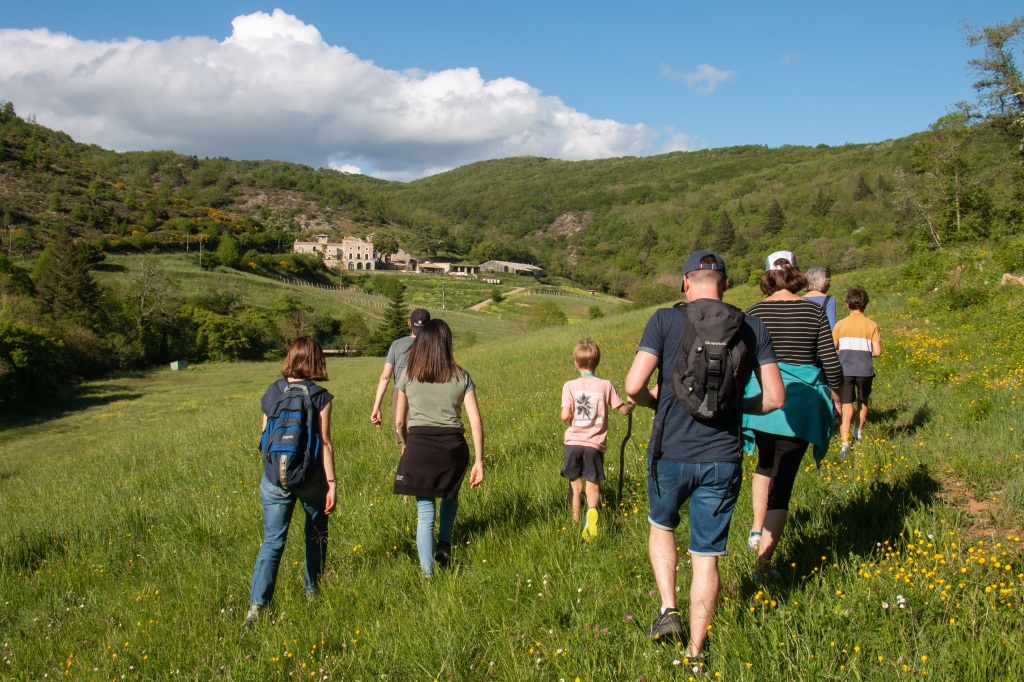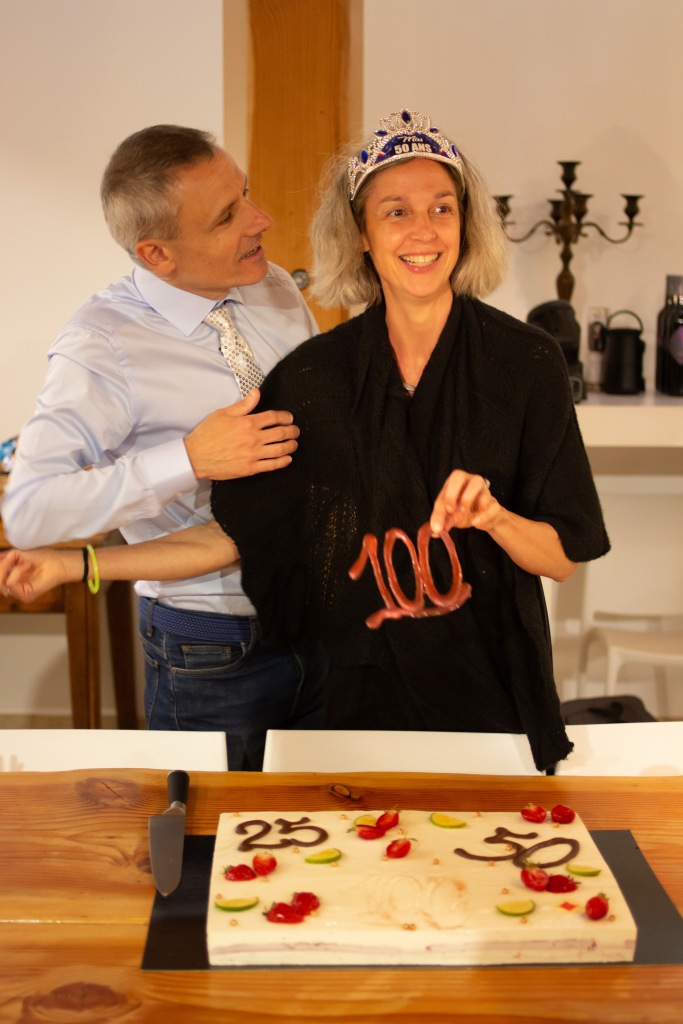Back in February 2016 I wrote a post about French parenting. Since then I think that there has been a change and that chidren now have much more influence over their parents. Nonetheless, my daughter and I find it amusing to take notes of some of the comments that we hear parents saying (or rather, shouting) to their children.
I’m by far a perfect parent and can totally appreciate that there events that I am unaware of that preceded these comments…and that such things are no doubt said beyond the borders of France but here are some of the quotes anyway with English translations:
-Vous ne savez pas vous comporter. Pire que des animaux! You don’t know how to behave. You’re worse than animals!
-Bon arrêtez maintenant, sinon il n’y aura pas de Noël – OK stop right now or there won’t be any Christmas.
-Non non non non non non non non non non, non c’est non, c’est non. – (self explanatory)
-Vous êtes pire que des enfants. – You are worse than children!
-Arrêtez, sinon je me fâche! STOP NOW or I will get angry! (I’m not sure how the parent could become more angry than the tone of voice already displayed)
-Je, quoi?…Je m’en fous! – What ?… I don’t give a shit!
-Arrête, arrête, arrête… Tu vas le casser… Et voilà, tu l’as cassé. Stop, stop, stop! You’re going to break it. There you go, good job!… you broke it!
-Reste dehors ou ne bouge plus. Wait outside or stop moving!
-Enfant: “Je peux rien faire!” Parent : Exactement, tu ne peux rien faire! Child: “I can’t do anything‘ Parent: EXACTLY, you can’t do anything!
-Tu ne facilite vraiment pas les choses! You’re really not making this easy!
-Tu vois bien que tu fais exprès d’être chiante. It’s obvious that you are deliberately trying to be a pain in the arse.
-During the Summer holidays: Il va travailler pendant deux semaines, il va se coucher tôt et se lever tôt. Je vais le dresser, il va faire la différence entre l’école et les vacances. He’s going to work for two weeks: he’s going to go to bed early, get up early. I’m going to tame him! He’s going to make the difference between school and holidays.
-Ca fait trois fois que tu tournes dans le même sens! Tu ne sais pas rouler à vélo. Ca fait des années que tu roules à vélo! Ce n’est pas possible! This is the third time that you’re turning in the same direction. You don’t know how to ride a bike. You’ve been riding a bike for years now! It’s unbelievable!
-Fais pas la beta! Tu peux parler normalement. Gne, gne, gne, gne, gne. Parle normalement! Don’t be an idiot. You can speak normally. Nuh, nuh, nuh, nuh, nuh. Speak normally!
-T’es une feignasse! You’re a lazy pig!
-Sois pas content, c’est pareil. Be unhappy. It’s not going to change anything!
ps. As I speak to my kids in English… I simply can’t add any of my comments to this list 😉

















